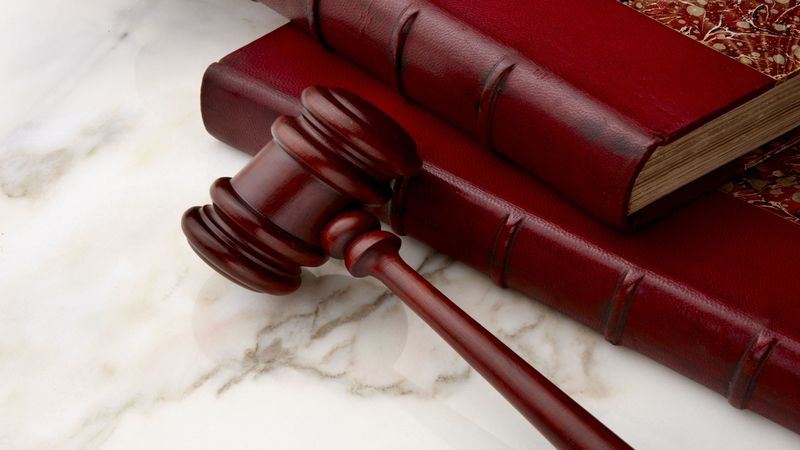Executors are people who are court-appointed or named in a will, and they are given the responsibility of settling the estate of a deceased person. The executor may be a relative of the deceased, or they can be a lawyer, accountant, or friend. An executor’s main responsibility in Estate Planning in Phenix City AL is to handle everything from the disposition of the deceased person’s assets to paying the person’s taxes and final expenses.
What the Executor Does
An estate executor’s job is mostly administrative, and it begins on the date of death and continues until the deceased person’s assets have been distributed, and their bills are paid. The executor’s duties include, but aren’t limited to:
* Paying creditors
* Paying taxes
* Telling the SSA and other agencies about the person’s death
* Cancellation of subscriptions and credit cards
* Court appearances
* Distribution of assets according to the deceased’s wishes
Is the Executor Allowed to Refuse?
A person named in a will as an estate executor can decline the responsibility and, if they have already accepted the job, they may click here and resign when they wish. Most wills name an alternative executor and, if the will names no one, the court will choose a person to serve in that capacity.
First Steps as an Executor
Settling the deceased’s estate starts with the probate process. An estate executor must:
* Locate the will
* Find and protect the deceased’s assets
* Set up an estate account
* Pay bills on time
* File the last will with the probate court
* Distribute assets according to the will
* Hire an estate planning attorney if necessary
Determining the Validity of a Will
Only the probate court can determine the will’s validity. The basic requirements for will formation are:
* It must be drafted with good intent by the testator (the owner of the assets)
* The testator must be of sound mind when creating the will
* The will must be executed in the absence of duress or undue influence
* The will must be properly executed through witnesses
After the Will is Deemed Valid
Once the will is determined to be valid, the executor can start paying taxes and settling claims against the deceased’s estate. At this time, assets can be distributed to named beneficiaries, and when the distribution is complete, the court must receive evidence proving it. When the court receives the evidence, Estate Planning in Phenix City AL is concluded.

